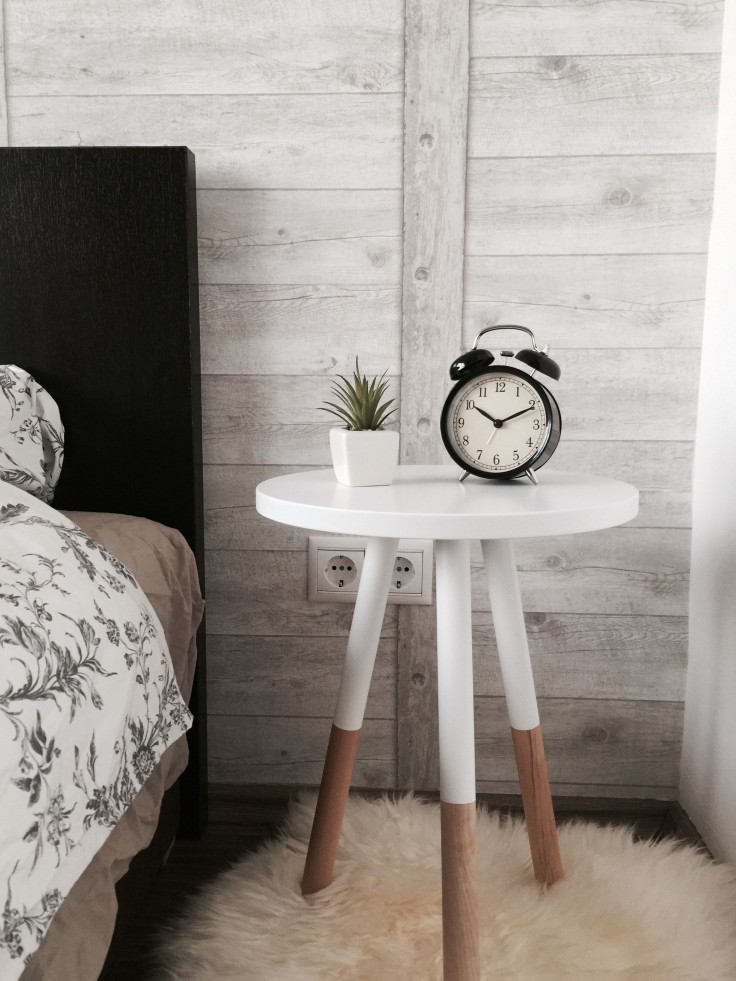Struggling With Insomnia? Stop Looking At The Clock, Researchers Say
KEY POINTS
- Checking the clock every time will lead to frustration and worsen insomnia
- This may make sleep aid usage more likely, perpetuating a cycle
- The results offer a simple solution that may help: Ditch the clock
People suffering from insomnia are all too familiar with the scenario: they can't fall asleep, so they check the clock to see what time it is, only to get stressed even more by the passage of time. This only exacerbates insomnia, researchers say, and it also affects their use of sleep aids.
Insomnia is quite a common sleep disorder. Someone with insomnia may struggle to fall asleep or remain asleep. They may also have trouble getting good quality sleep, according to the National Institutes of Health (NIH).
While it doesn't seem very serious from the outside, it can actually affect people's daily lives. Chronic insomnia may even increase the risks for conditions like high blood pressure, diabetes and even cancer.
In their study, which was published Tuesday in the Primary Care Companion for CNS Disorders, researchers had a closer look at the time monitoring behavior (TMB) among people with insomnia, the frustration it leads to, and how this might be affecting their use of sleep aids.
"TMB is probably an adaptive short-term response, allowing one to compensate for sleep loss by hoping for more sleep through planning, usually to extend time in bed, based on knowing the time of night," the researchers wrote. "This clock-watching and mental arithmetic directly aggravate sleeplessness by spending time engaged in stressful waking activities instead of sleeping."
The participants included 4,886 patients with mixed sleep disorders at a sleep clinic in New Mexico from May 2003 to October 2013. They answered questions about the prevalence of insomnia and how often they take medications to get sleep. They were also asked if they have any psychiatric diagnoses and answered the TMB-10, which measures "TMB and related frustrations," the researchers explained.
They found a relationship between these factors that could lead to a "negative cycle of insomnia and sleep aid use." The seemingly simple behavior of monitoring the time would make the patients more frustrated. This then worsens insomnia, making them more likely to use sleep aids.
"We found time monitoring behavior mainly has an effect on sleep medication use because it exacerbates insomnia symptoms," research lead Spencer Dawson, of Indiana University (IU), said in a news release.
The team also found that using sleep aids was more common in patients who had both insomnia and psychiatric conditions — TMB is also higher in this group.
"To a lesser extent, as insomnia symptoms worsen, so too may TMB, potentially resulting in greater sleep aid use," the researchers wrote. "In sum, while insomnia symptoms and TMB may feed off one another, TMB may be upstream of insomnia with regard to association with sleep medication use."
This may be enlightening (or frustrating) for people who suffer from insomnia, but the findings also have a silver lining as it offers a pretty simple solution: Break up your relationship with the clock.
"One thing that people could do would be to turn around or cover up their clock, ditch the smart watch, get the phone away so they're simply not checking the time," Dawson said in the release. "There's not any place where watching the clock is particularly helpful."

© Copyright IBTimes 2025. All rights reserved.






















